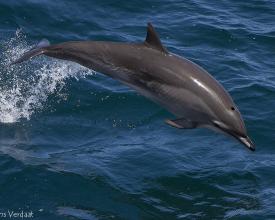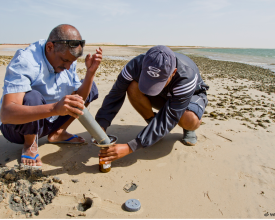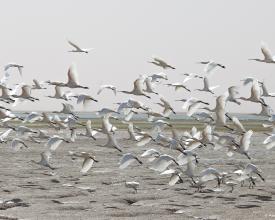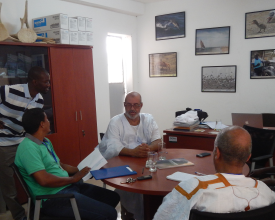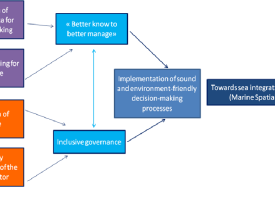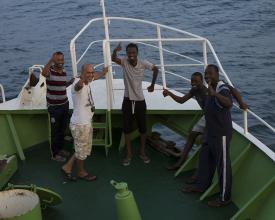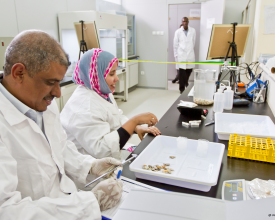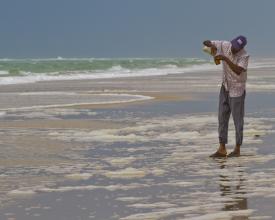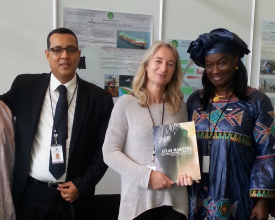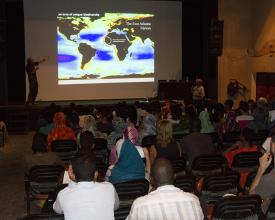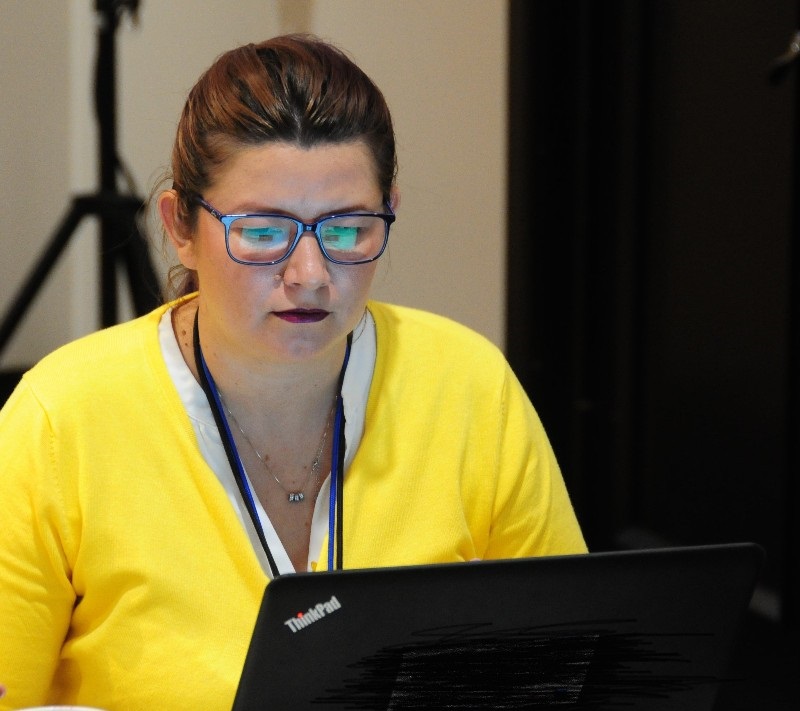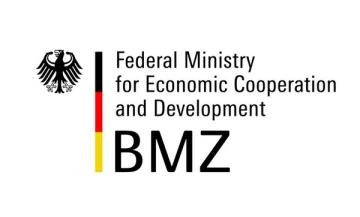
Sustainable governance of marine and coastal resources and territories
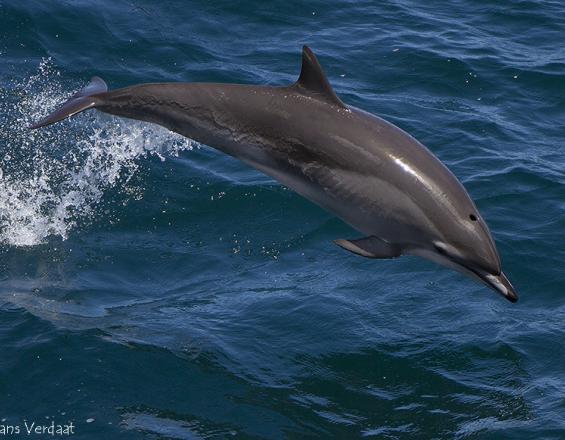
Soon after the first offshore oil field was discovered an intense public debate started in Mauritania about environmental and social risks of this sector. That led to the development of the Programme Biodiversity Oil and Gas, which aims, through a collaborative and integrated approach, at collating data in the marine environment, understanding the ecological consequences of human uses, designing and developing technical tools to monitor activities, and implementing corresponding policies. These activities are currently continued and consolidated with the GIZ "Co-management of marine, coastal and terrestrial resources" (CorMCT) program.
Contexte
Challenges addressed
The EZZ of Mauritania is no longer the exclusive playing ground of fishermen. The oil and gas sector started exploitations in the early 2000’s. The cumulative effects of sea users lead Mauritania to a necessary marine spatial planning. All these sectors are of great value for national economy. All stakeholders have to be part of a global solution that preserves marine environment and its economic potential.
Emplacement
Traiter
Summary of the process
tba
Building Blocks
Dialogue between government, private sector & civil society
Marine and coastal areas are no longer the exclusive playground of fisheries. For more than 15 years, the oil and gas sector has been a major stakeholder, local and international shipping is increasing and urban and industrial development threatens ecosystems. This has not been entirely anticipated by the government. Many departments have prerogatives but none is in charge of global coordination. Thus, there is a gap in the law regarding marine spatial planning. It is commonly assessed that civil society has to take a major part in negotiations for the corresponding policies implying capacity building for these actors. The programme works as a facilitator by creating overlaps and joint-activities between the stakeholders. In this regard, a ship-based seabird and marine mammal survey is co-financed by the private sector and brings aboard scientists from the Mauritanian Institute for Oceanography and Fisheries, civil servant from the Ministry of Environment, civil society and students along with international experts. These joint-activities will be shaped as a multi-partner platform enabling mutual understanding, creating trust and making up an operational entity towards sustainable governance of the sea and its resources.
Enabling factors
- Communication on the roles and interests of each actor
- Empowering the civil society
- Deepening the multidisciplinary role of the Ministry of Environment
Lesson learned
- The natural trend in the administration to work on its own without interaction with other departments is a constraint stronger than expected
- Another weakness lies in the possibility for one stakeholder (mainly in the administration) to lock the whole dialogue process. Alternative solutions have to be designed and, in case, developed, to give the system a second chance. To be honest, we couldn’t make any miracle regarding these issues. And, unfortunately, we have to put the puzzle in place by working with each stakeholder group to make them aware of their role and the benefit they can make from interacting with the others.
- All this process appeared to be much longer than initially expected...
Voluntary participation of the private sector
In Mauritania biodiversity protection and scientific research cannot be fully supported by public funding. This is why the programme has focused on identifying new sources of funding. We have developed a partnership with the oil and gas industry resulting in more transparent and trustful communication, sharing of non-commercial data, and funding of activities of the Programme Biodiversity, Oil and Gas on a voluntary basis. This included support for a ship-based surveys co-financed by Kosmos Energy and a Master’s degree course supported by Kosmos and Total. In addition, the programme is now collaborating with BP.
Enabling factors
- It has to be understood by all stakeholders that private sector volunteer contribution comes in addition to contract obligations.
- Only serious and renowned oil and gas companies have been awarded contracts for offshore operations. Most of them have social and health, safety and environment (HSE) standards and policies.
- Mauritania complied to IETI requirements.
- Good relationships with local and headquarters staff.
Lesson learned
- We cannot rely on public funding even though they would be greatly paid off for their investments in marine biodiversity conservation. Governments have difficulties to invest in environment protection. Marine biodiversity conservation, despite being a key factor for Mauritanian socio-economic development, is unfortunately not a priority. Therefore, efforts should go towards capacity building and awareness raising.
- Compared to real sustainable sources of funding, private sector financing depends upon the economic context. However, this partnership is also rewarding not only form a financial perspective.
- Unexpectedly, it was easy to get all stakeholders on board and support the idea of a voluntary commitment plan. However, converting it into an official document is time and energy consuming. And in the end not necessary to trigger consistent changes in sea use management policies.
Capacity building for the future
Our project deals with environmental governance within a 20 or 30 years’ time frame. Marine spatial planning issues are very likely to become more and more complex and people in charge in 20 years’ time won’t obviously be the same as today. This is the reason why we have designed and developed a comprehensive capacity building programme including the creation of a Master degree on environmental management of extractive industries (Master GAED), an academic documentation centre, training sessions and internships. In addition, and waiting for this future generation to be ready, we have to get the institutions (and not only people) ready to maintain and use technical tools we have contributed to set up (for example the implementation of a monitoring and early warning system for micro-contamination). Therefore our project provides administration and civil society representatives with equipment and training sessions.
Enabling factors
- Strongly committed institutions (especially scientific institutes)
- Strong preparatory work: inclusive identification of stakeholders’ needs
- Transparency for student selection (Master)
- All stakeholders have called for the creation of such an academic curricula (Master)
Lesson learned
- Learning by doing is more efficient than workshops…
- The outputs of our capacity building programme goes beyond expected effects of training sessions (international networking, scientific publications, breaking down inter-institutional barriers...)
Scientific data for decision making
Implementing a marine spatial planning without knowing territories and resources is meaningless. Major breakthroughs in Mauritanian marine environment knowledge have been made recently that confirm scientific research is highly necessary to set a course towards clean and rich seas. Therefore several tools are necessary to adjust policies to the local context (sea uses regulations, norms and standards…). This is the reason why the programme BOG has supported national stakeholders to consolidate existing knowledge and design research programs to map vulnerable zones. As a result a Maritime Atlas of Vulnerable Sea Areas in Mauritania has been issued in French, Arabic and English. The program also initiated a set of ship-based surveys to assess seabirds and marine mammals off Mauritanian coasts: a key factor to understand and, thus, protect, marine biodiversity. In addition, a monitoring and early warning system for micro-contaminants has been designed and is now operating under the supervision of a coordination of 6 national institutions. Sediments, fish, bivalves, crabs, water are sampled and chemical as well as bioassays and biomarkers analyses were made in order to establish baseline levels of micro-contaminants.
Enabling factors
- Existing capacities among local scientific institutions was a real asset
- International networking with scientific institutes (increase publication capacity, value local research…)
- The objectives of the ministry of environment to set up national norms and standards also eased the process
Lesson learned
- English as the international scientific language is a real challenge in such country
- Technical institutions won’t naturally take the lead for the monitoring and early warning system. The project needs to think of a more workable organization
- New mission and mandate are not considered as such as soon as financial partners are identified…
- As a consequence the main lesson learnt: appropriation unfortunately strongly depends on money
Awareness raising among challenged stakeholders
The challenge of sustainable governance of marine and coastal resources and territories has recently emerged in Mauritania. Definitely there is still a lack of understanding about what is at stake (environmental, social and economic levels). Therefore our programme invests in awareness raising among challenged stakeholders like the civil servants, fishermen, coastal communities, local NGOs… through: (i) production and up keeping of communication tools (flyers, film, posters, websites, social networks, newsletter), (ii) training courses, conferences…
Enabling factors
- Communication represents an important task which has to be taken into account regarding the financial and human resources of the programme
Lesson learned
- The facebook page is a real success
- Images have more impacts than big reports!
- It is sometimes difficult to find skilled professionals in communication available in the country
Impacts
- Awareness raising: communication campaigns at national and regional levels have contributed to highlighting the importance of deep sea. More and more people understand the value of healthy marine ecosystems and why it is important to protect marine resources, for their intrinsic value but also for their economic value.
- A capacity building programme has provided national stakeholders (both administration and civil society) with equipment, training and networks that enable them to play a significant role in the environmental follow-up of industrial activities. The Ministry of Environment and a marine research institute collaborate actively with an international network of scientific institutes specialized in shallow water and deep sea environment.
- A monitoring and early warning system has been developed as the first of its type on the continent. This tool aims at strengthening the partnership between the government and private sector by identifying sources of pollution and implementing a sound environmental control and an efficient mitigation policy.
- Voluntary participation of the private sector: because conservation policymaking in Mauritania cannot be fully supported by the public sector. A more transparent and trustful communication with the private sector provided funding and improved sharing of non-commercial data for conservation planning and action within ProGRN.
Beneficiaries
- Local communities
- Mauritanian state (government, national institutes, national parks)
- Civil society (environmental NGOs, professional organizations)
- Private sector
- Universities and research institutes
Story
Moulaye Wagne, researcher from the Laboratory of Marine and Coastal Environment Studies (LEMMC) of the Mauritanian Research Institute for Oceanography and Fisheries (IMROP):
"Since 2012, IMROP, with other partners such as the National Institute for Sanitary Inspection on the Fisheries and Aqua farming products (ONISPA), the Environmental Control Direction, the university and national parks, is establishing an early warning system regarding micro-pollution on marine ecosystem functioning. The ongoing phase that should last till the end of 2015 aims at establishing baseline levels of micro-contaminants. In a second phase, as of 2016, our tool will act as an early warning system. So far we have been sampling sediments, fish, bivalves, crabs, water four times a year and chemical as well as bioassays and biomarkers analyses. We take advantage of being on the field and all along the coastline to observe and record the stranding of cetaceans and turtles, and count sea bird populations. These moments are also the opportunity to train students and civil servants of the national parks. First of this type in Africa, this early warning system will enable the country to indirectly monitor industrial activities on the coast and at sea and make sure appropriate measures will be taken prior to any significant pollution or damage to the marine environment.”
